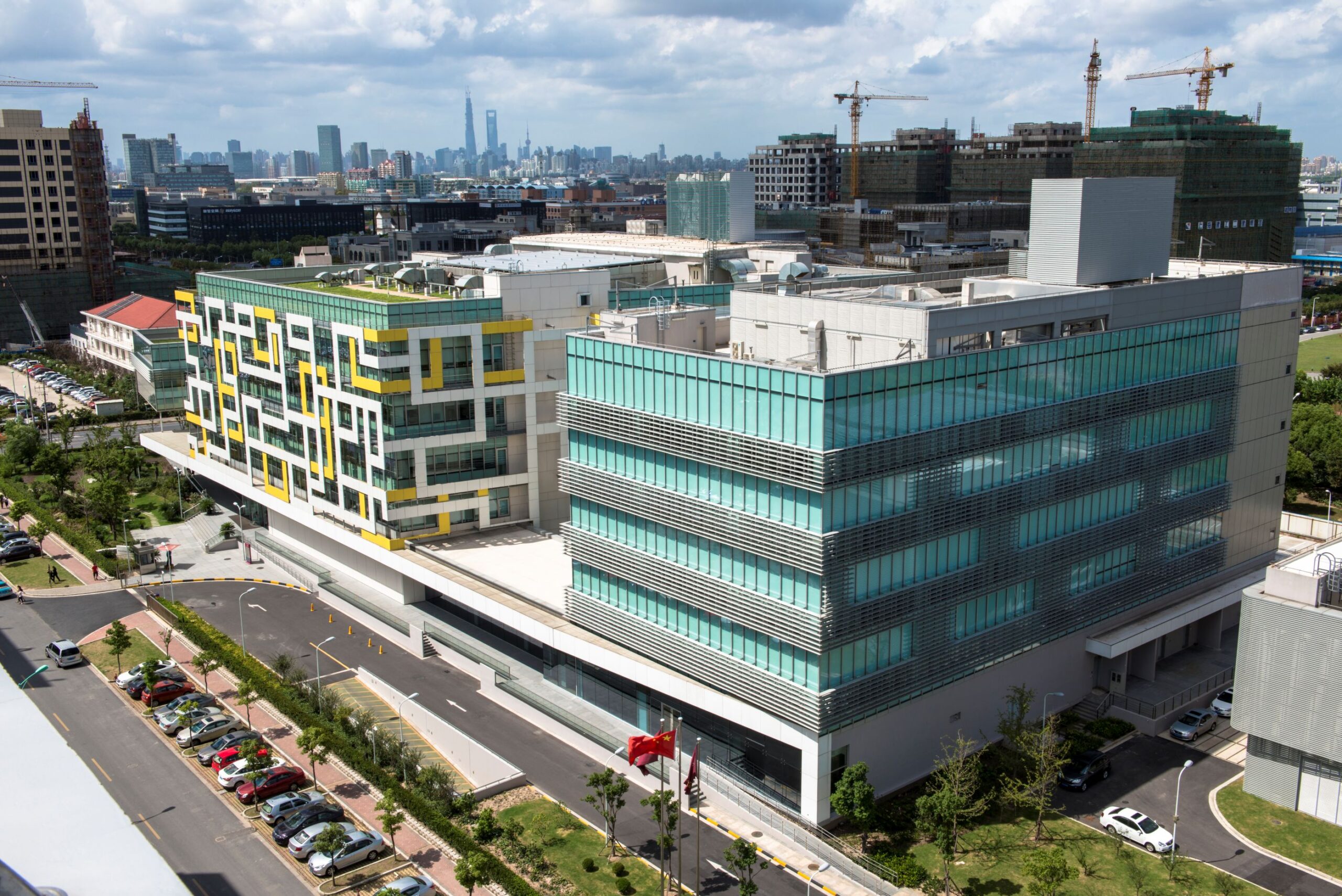AstraZeneca invests $2.5bn in new Beijing R&D centre

The new centre, which is set to advance life sciences, marks the company’s second in China and the sixth worldwide.
AstraZeneca today announced an investment of $2.5 billion in Beijing to establish its sixth global strategic R&D centre together with major research and manufacturing agreements that will further advance life sciences in China.
This investment over the next five years is part of a strategic partnership with the Beijing Municipal Government and the Beijing Economic-Technological Development Area Administrative Office and includes agreements with three biotechs; Harbour BioMed, Syneron Bio, and BioKangtai, and follows the recent Fibrogen announcement.
AstraZeneca expects its Beijing workforce to grow to 1,700 employees.
Pascal Soriot, Chief Executive Officer, AstraZeneca, said: “This $2.5 billion investment reflects our belief in the world-class life sciences ecosystem in Beijing, the extensive opportunities that exist for collaboration and access to talent, and our continued commitment to China.
“Our sixth strategic R&D centre will partner with the cutting-edge biology and AI science in Beijing and be a critical part of our global efforts to bring innovative medicines to patients worldwide.”
The new global strategic R&D centre in Beijing, AstraZeneca’s second in China following the opening of the Shanghai R&D centre, will advance early-stage research and clinical development and will be enabled by a new state-of-the-art AI and data science laboratory.
The new R&D centre will be located near leading biotechs, research hospitals, and the National Medical Products Administration in the Beijing International Pharmaceutical Innovation Park (BioPark).
AstraZeneca is also establishing new R&D collaborations in Beijing. This includes a strategic partnership with the Beijing Cancer Hospital in translational research, data science, and clinical development.
The company is further signing two collaboration and licensing agreements; one with Harbour BioMed to discover multi-specific antibodies, and one with Syneron Bio to develop macro-cyclic peptides.

